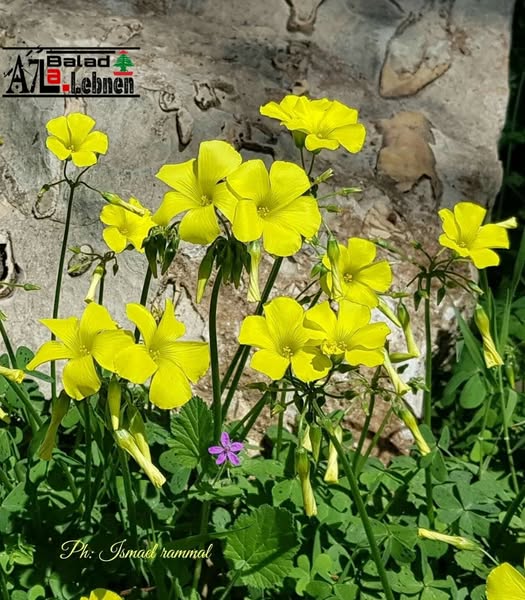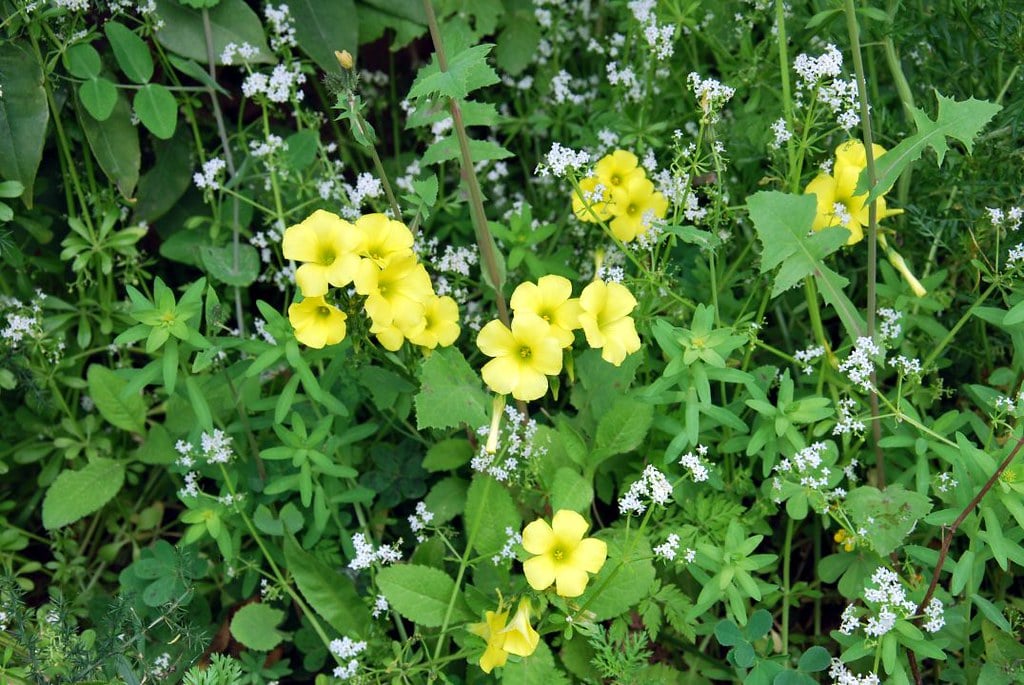7ommayda: The Sour Herb That Defined Lebanese Childhoods
Who still remembers the plant 7ommayda? When we were kids, gardens were full of it, and we never gave it a second thought. We’d be out walking, spot it from a distance, run over, pick it, and eat it. It felt like discovering a hidden treasure, and that tangy, mouthwatering taste kept us coming back for more.
And the best part? The competitions! Who could gather the most? Who would find the biggest leaf? We felt like champions, sitting in the middle of nature, eating straight from the ground, no washing, no prepping…laughing with our friends and secretly hoping our parents wouldn’t catch us. But today, buildings and construction have taken over the orchards, and now we have to search for a patch of greenery just to introduce our kids to the nature we grew up with.
7ommayda will sprout again next month, like it does every year, in any place where there’s still a bit of greenery. Maybe in an olive grove, or along some forgotten roadside, since its seeds spread with livestock manure. But the sad thing is, many people see it as a useless weed, uproot it, and toss it away—without realizing that for us, it was the joy of childhood! Its long leaves, yellowish hue, and that unforgettable sour taste.

That intense flavor comes from oxalic acid, which is what made us addicted to it. There was something strangely irresistible about it, pulling us to eat more and more despite its sharp tanginess!

But those who know its worth take it home and enjoy it. With a pinch of salt and cumin, it makes the perfect natural afternoon snack. Our grandparents? They knew how to use it in cooking: stuffing it into pastries with spinach, adding it to salads, or even juicing it into a healthy drink packed with vitamin C.

Today, 7ommayda isn’t as easy to find as before, but those who grew up in those days know that its taste wasn’t just about the sourness—it was about the memories. So if you ever come across a 7ommayda plant on your path, don’t think twice… Pick a leaf, pop it in your mouth, and let the flavor take you back to a time when everything was simpler, and sweeter.




